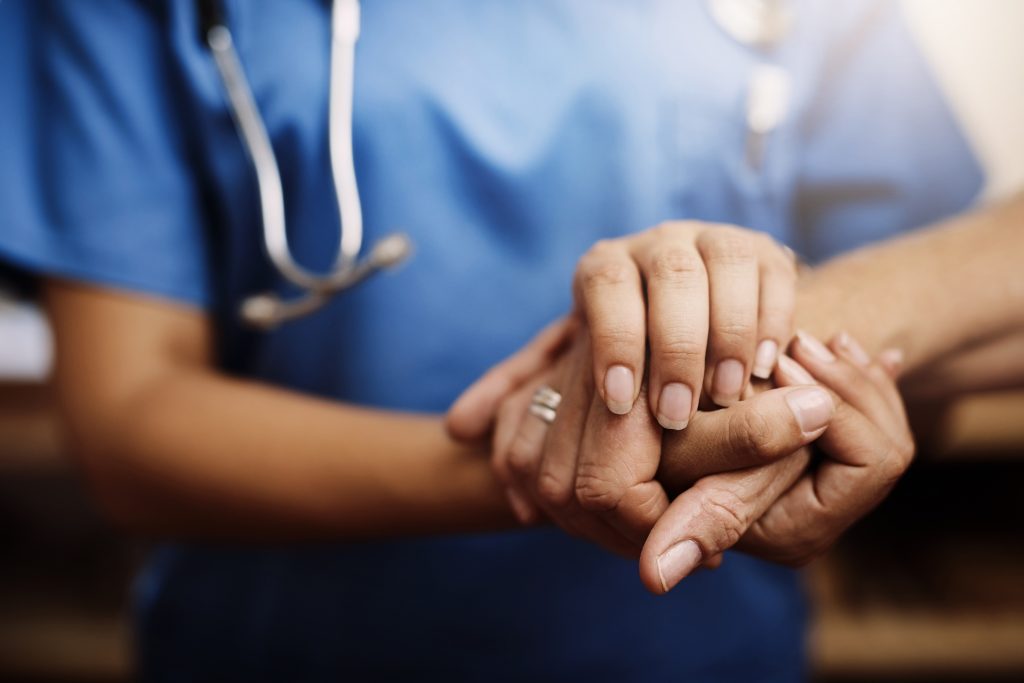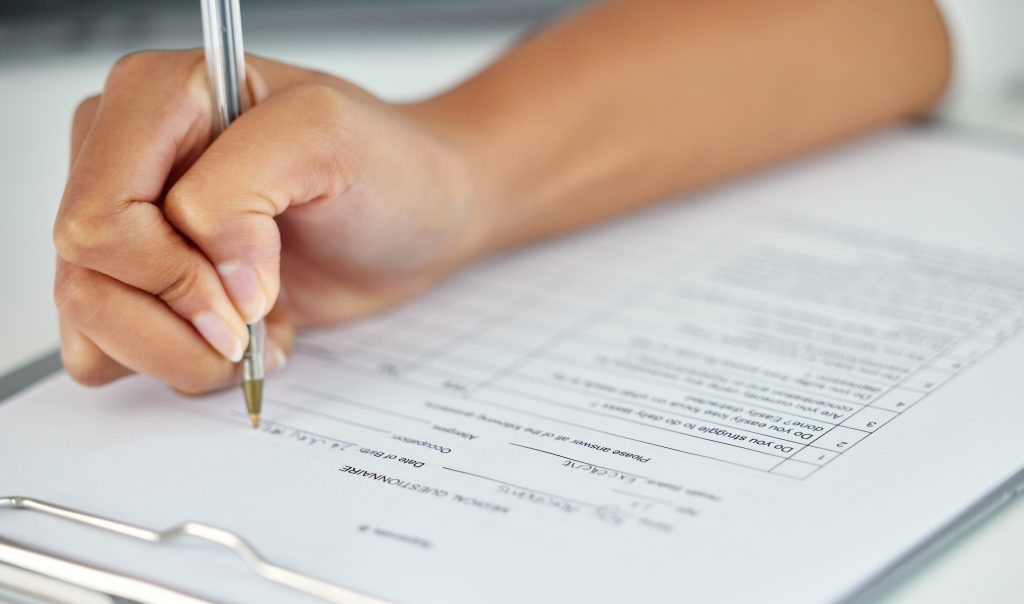At the Cancer Center for Healing in Irvine, CA, many patients come to us with one central question: Is low-dose chemotherapy effective? This is an important concern, especially for those who are considering alternatives to traditional high-dose chemotherapy. Effectiveness is a critical factor in any cancer treatment plan, and patients deserve clear, balanced answers.
Understanding the Effectiveness of Low-Dose Chemotherapy
To begin answering whether low-dose chemotherapy is effective, we first explain what it is. Low-dose chemotherapy involves giving smaller, more frequent doses of medication rather than large, spaced-out doses. The idea is to keep continuous pressure on cancer cells while reducing harm to healthy tissues.
So, is low-dose chemotherapy effective? For many patients, yes. Clinical studies and patient experiences suggest that in certain types of cancer, low-dose chemotherapy can control tumor growth, slow progression, and provide meaningful quality-of-life benefits. It may not be the best choice in every case, but it is certainly effective for some patients.
Comparing with Standard Chemotherapy
Patients often ask if low-dose chemotherapy is effective compared with full-dose chemotherapy. The answer depends on the cancer type, stage, and overall treatment goals. Full-dose chemotherapy is typically more aggressive, leading to faster tumor shrinkage in many cancers. However, it also comes with more severe side effects, longer recovery times, and higher risks of complications.
Low-dose chemotherapy, on the other hand, may not always be as rapid or powerful, but it can be effective in maintaining long-term disease control. For many patients, the balance between effectiveness and tolerability is what makes this approach valuable.
Quality of Life and Effectiveness
Another angle to consider when asking, “Is low-dose chemotherapy effective?” is quality of life. Effectiveness is not only about shrinking tumors—it is also about how patients live during treatment. If a treatment controls cancer while allowing someone to stay active, avoid hospitalizations, and engage with family and daily life, that treatment is effective in a broader sense.
This is one reason why many patients find low-dose chemotherapy appealing. Its gentler side effects mean that effectiveness is measured not just in tumor control but also in maintaining vitality and dignity during the cancer journey.
Situations Where It Works Well
So, is low-dose chemotherapy effective in real-world scenarios? Research and clinical experience suggest that it can be particularly effective for the following people:
- Patients with slower-growing cancers in which long-term management is the goal
- Individuals who cannot tolerate full-dose chemotherapy due to age, frailty, or other medical conditions
- Patients who have already received full-dose chemotherapy and need a gentler alternative
- People who value quality of life highly and want fewer disruptions from treatment side effects
In these cases, low-dose chemotherapy can deliver results while being more sustainable for the patient’s overall health.
Limitations and Trade-Offs
Still, it’s fair to ask: Is low-dose chemotherapy effective for all cancers? The answer is no. Some fast-moving or aggressive cancers may require full-dose regimens to achieve the best results. Low-dose options may not provide the same degree of tumor shrinkage in a short timeframe. This is why it is essential to individualize treatment plans.
Effectiveness also depends on how the therapy is combined with other strategies. At the Cancer Center for Healing, we often use an integrative approach—pairing low-dose chemotherapy with supportive therapies, nutrition, and holistic care. This combination can improve both effectiveness and patient well-being.
Patient Monitoring
Effectiveness must always be monitored. When someone asks, “Is low-dose chemotherapy effective?” we emphasize that close follow-up is required. Regular imaging, lab work, and clinical assessments help ensure that the treatment is working as intended. Adjustments can be made if tumors are not responding as hoped.
The question is not just “Is low-dose chemotherapy effective?” but “Is it effective for me?” Personalized monitoring provides the answer.
The Bigger Picture
Ultimately, is low-dose chemotherapy effective? This is a nuanced question. For the right patient, in the right situation, it can be highly effective. For others, more aggressive approaches may be required. The key is to work with a medical team that considers both the science and the individual’s needs.
So, is low-dose chemotherapy effective? The answer is that it can be, especially when effectiveness is defined not only by tumor response but also by the patient’s ability to live fully during treatment. It may not replace full-dose chemotherapy in every case, but it is an important tool in modern cancer care.
If you are wondering if low-dose chemotherapy could be effective for you or your loved one, we encourage you to learn more through our detailed overview page: Low Dose Chemotherapy Overview. Our team at the Cancer Center for Healing is here to help you explore all options and create a treatment plan that prioritizes both effectiveness and quality of life.


















